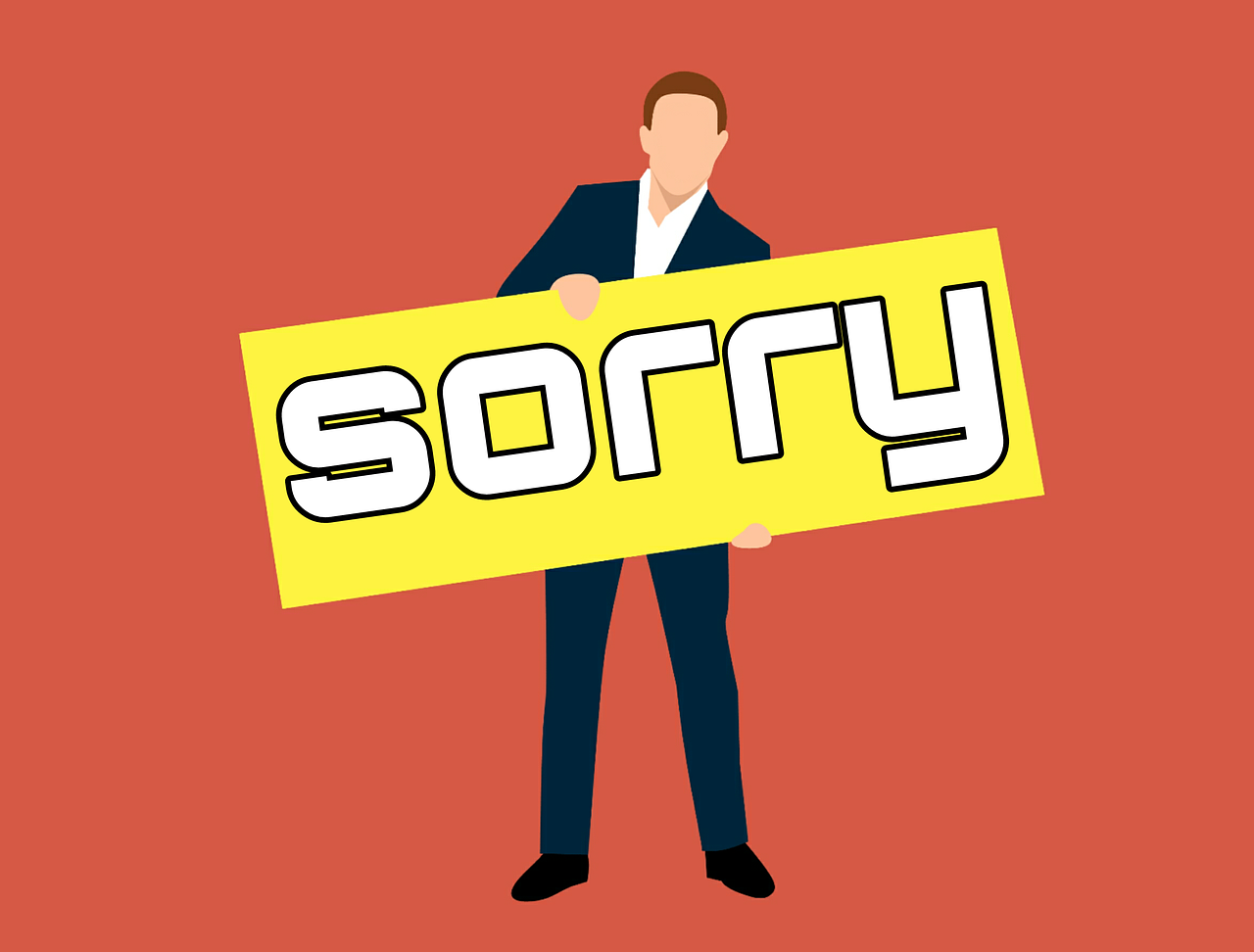

Hello! Welcome back! Do you ever feel like there might be something wrong with you? Is anything holding you back in your life? Try this test to find out what the problem is.
What are you good at? This quiz knows.
Mentally retarded is a term used to describe someone with an intellectual disability. The word has been used as an insult, but it is now considered offensive and hurtful. It is important to understand why the term is considered offensive and to use more respectful language.
The term “retarded” has been used in psychology for many years to describe people with intellectual and cognitive disabilities. Over time, the term has become increasingly controversial due to its association with negative stereotypes and discrimination. As a result, the term has been replaced in many contexts by more appropriate and respectful language such as “intellectually disabled” or “cognitively impaired.”
When the term “retarded” was first introduced in psychology, it was used to describe people with intellectual disabilities who had difficulty understanding and learning new concepts. This was a way of categorizing individuals who had difficulty on IQ tests and other measures of cognitive ability. However, the term was often used in a dismissive and derogatory manner and became associated with negative stereotypes of people with intellectual disabilities.

In recent years, the term “retarded” has been increasingly seen as outdated and inappropriate. This is because it is widely seen as offensive and hurtful to those with intellectual disabilities. The term has also been linked to discrimination, as it can lead to the marginalization of people with intellectual disabilities and can be used to deny them access to educational and employment opportunities. To promote more respectful and inclusive language, many organizations and institutions have moved away from using the term “retarded” and have instead adopted terms such as “intellectually disabled” or “cognitively impaired.” These terms are seen as more appropriate and respectful, as they emphasize the individual’s abilities rather than their disabilities.
Are you weird? FInd out here.
At the same time, it is important to recognize that language is constantly changing and evolving. What may be seen as offensive or inappropriate today may not be in the future. Therefore, it is important to keep an open mind when discussing language and to be mindful of the fact that terms that may be seen as disrespectful today may not always be seen as such in the future.
Intellectual disability, also known as mental retardation, is a condition in which a person has difficulty understanding new concepts and ideas, learning new skills, and coping with daily life. People with intellectual disabilities have a wide range of abilities, from mild to severe. They can have difficulty with activities of daily living such as dressing themselves, reading, writing, and communicating with others.
The term retarded has been used as an insult for many years. It is hurtful because it implies that people with intellectual disabilities are less valuable or less capable than others. It also suggests that they are not as intelligent when intelligence is much more complex than just a single label. Using respectful language is important when talking about people with intellectual disabilities. Instead of using the term retarded, it is better to say “intellectually disabled” or “developmentally disabled.”
It is also important to refer to the person first and the disability second, such as “a person with an intellectual disability.” In addition to using respectful language, it is important to treat people with intellectual disabilities with respect and kindness. They may need additional support and accommodations to help them participate in activities and be successful. Respectful language and behavior are essential for everyone to feel safe, included, and valued. It is important to remember that words have power.
The term retarded is offensive and hurtful, and it should not be used to describe people with intellectual disabilities. Instead, use respectful language and treat everyone with dignity and respect.

It’s no secret that most of us struggle with self-acceptance and self-love. It’s easy to put ourselves down and be hard on ourselves, and it can be hard to embrace who we are and be comfortable in our skin. It’s important to remember that self-acceptance and self-love are essential for a healthy, happy life. Here are some tips for how to embrace yourself and start loving who you are:
Self-acceptance and self-love can be difficult to cultivate, but it’s an important part of a healthy, happy life. Hopefully, these tips will help you on your journey to embracing yourself and loving who you are.